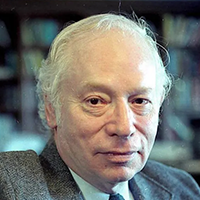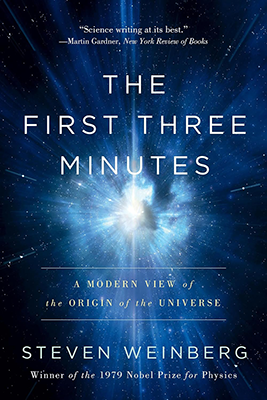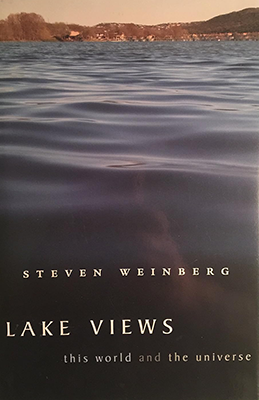
Steven Weinberg
Steven Weinberg was an American theoretical physicist and cosmologist, born on May 3, 1933, in New York City, USA, and passed away on July 23, 2021. He made significant contributions to our understanding of the fundamental forces of nature, particularly in the realm of particle physics and cosmology.
Weinberg earned his undergraduate degree from Cornell University in 1954 and his Ph.D. from Princeton University in 1957. After completing his doctorate, he held academic positions at Columbia University, the University of California, Berkeley, and Harvard University before joining the faculty at the University of Texas at Austin in 1982, where he remained until his death.
One of Weinberg’s most notable achievements was his work on the unification of the electromagnetic and weak nuclear forces, which led to the development of the electroweak theory. In 1979, he was awarded the Nobel Prize in Physics, along with Abdus Salam and Sheldon Glashow, for their contributions to this theory.
Weinberg also made significant contributions to our understanding of the early universe and cosmology. He played a key role in developing the theory of cosmic inflation, which posits that the universe underwent a rapid expansion in its early moments, as well as the standard model of Big Bang nucleosynthesis.
In addition to his research, Weinberg was an influential writer and educator. He authored several books aimed at both scientific and general audiences, including “The First Three Minutes,” which explores the early moments of the universe, and “Dreams of a Final Theory,” which discusses the quest for a unified theory of physics.
Throughout his career, Weinberg received numerous awards and honors for his contributions to physics, including the National Medal of Science, the Benjamin Franklin Medal, and the Royal Society’s Copley Medal. He was also a member of several prestigious scientific organizations, including the National Academy of Sciences and the American Academy of Arts and Sciences.
Weinberg’s work continues to inspire and shape our understanding of the fundamental laws of nature, and he is remembered as one of the greatest theoretical physicists of the 20th century.


